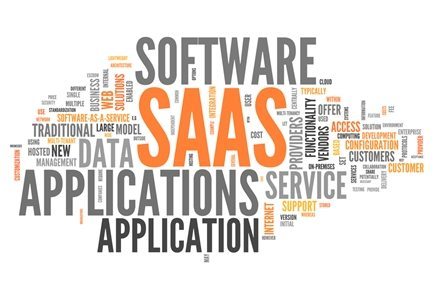Reporting analytics is now a relatively common investment among businesses in a wealth of industries, but it has become very clear that the best practices of deployment, optimization and management are changing rapidly. Innovation has been hot in the big data arena, while the ways in which companies are progressing with the help of more efficient, intelligent and powerful insights have not started to level off quite yet.
In many ways, the success of a reporting analytics investment will be highly dependent upon not only the solution chosen, but also the management and strategic frameworks in place to guide use and functionality. Many companies have taken to outsourcing their IT, or at least some components, to reduce the amount of strain placed on IT departments while simultaneously acquiring more computing power, and this will have implications on the reporting end.
Because regulators are becoming a bit more aggressive in their audits and investigations of businesses, responsiveness to compliance and general record-keeping practices must be accurate, efficient and reliable, not to mention speedy. With the right approach to creating the foundation atop which analytics will be formed, leaders can ensure that their companies are handling reporting in an optimal fashion and subsequently become better protected against disruptions.
What about the cloud?
ZDNet recently reported that cloud computing might be the true focal point of IT professionals and executives who are looking to take their reporting analytics programs to the next level of performance. As a reminder, cloud computing has served as the foundation of modern IT for a wealth of novel trends, including mobility, big data, telecommuting and more, while its relevance to analytics is certainly broad and voluminous.
According to the news provider, one survey conducted recently found that roughly 40 percent of respondents who use reporting analytics solutions are leveraging those that have some basis in cloud computing. This number is certainly expected to go up, as the cloud provides a centralized, scalable and affordable option for core analytics needs such as data storage and access, all the while improving integration of other relevant tools.
"Cloud-based big data analytics squarely address ongoing issues of scale, speed and cost," the source quoted the report's author Mike Barlow as saying. "On the other hand, they also create new issues around privacy, latency and veracity."
Some of the reasons for these increases in cloud-based analytics adoption were found to be quicker implementation procedures, enhanced flexibility and greater access to data among a wider range of users and locations, ZDNet noted. In many ways, companies are already striving to become more intelligent and advanced in their reporting analytics strategies, and the cloud appears to be among the most viable options to get these firms to greener pastures in a reasonable period of time.
Is cloud avoidable?
To be clear, experts from prominent research firms such as Gartner and International Data Corporation have in fact been predicting that the cloud will evolve from a novel technology into a utility that is used by every business for IT infrastructure, software, platforms and more. Balking at the prospect of leveraging cloud computing within an analytics strategy might lead to more contrived performances that never truly reach their maximum capabilities.
So, with this in mind, businesses will likely not be able to completely avoid cloud computing while still remaining competitive and relevant in their respective markets and industries. As such, working with a vendor of robust automation software services that can guide the cloud-related conversation and strategic development can help businesses get up to speed with the most competitive technology out there.






